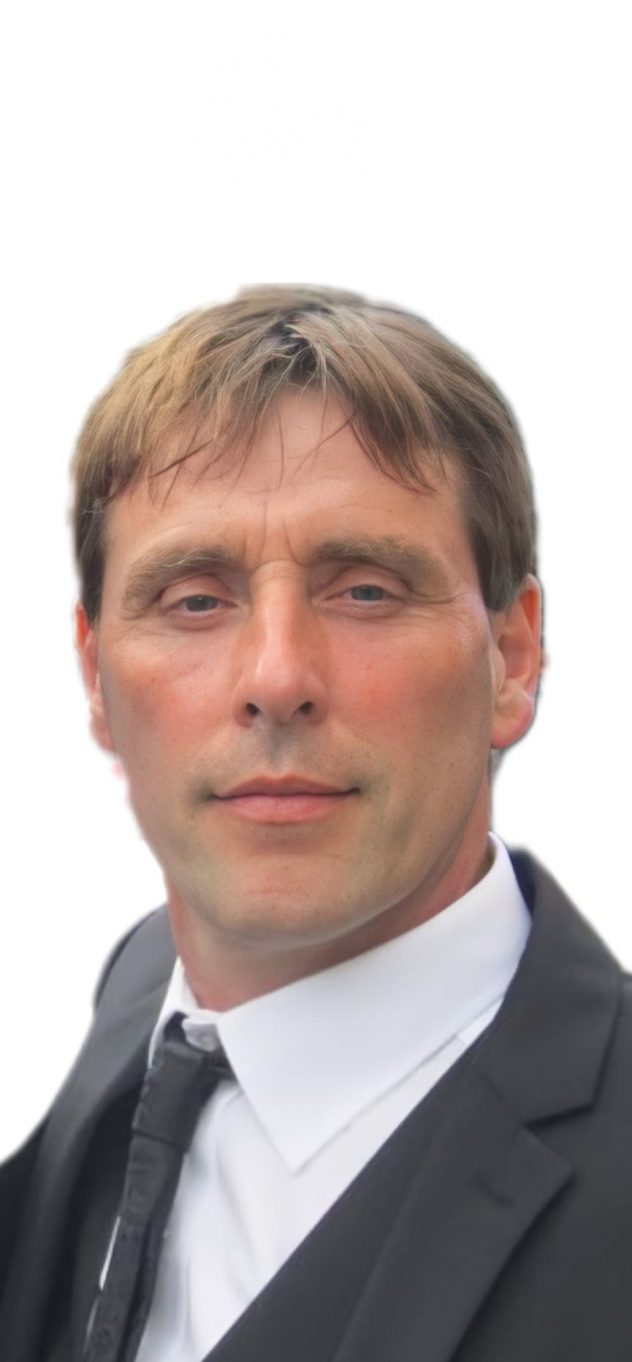
Author and Lecturer Jem Bartholomew
By Rebekah Lattin-Rawstrone
This is the last in our series of blog posts exploring the writing and teaching of City St George’s short course tutors reading at The City Writes Spring Event on Wednesday 26th March at 6.30pm, Northampton Square. It’s going to be an unprecedented night of storytelling from tutors, students and alumni followed by a Q&A with Goldsmiths’ Prize shortlisted author, Han Smith, and four of our wonderful writing tutors: Jem Bartholomew, Katy Darby, Caroline Green and Martin Ouvry.
This week we are introducing the fantastic narrative nonfiction writer, Jem Bartholomew. Jem teaches Fact-based Storytelling here at City St George’s and as an award-winning freelance reporter has a wealth of experience to share with students and readers alike.
When asked to introduce his work, Jem launched into a description of his current project. ‘I’m currently writing a narrative nonfiction book about UK poverty, called Threading The Needle. The book follows a year in the life of four communities — a food bank in southern England, courier drivers in London, a former coal-mining village in South Yorkshire, and a young MP’s journey to Westminster — as they battle against the rocketing cost of living, push for change, and strive for meaning in an insecure world. The book is nonfiction, but through immersive reporting in these communities it adopts a novelistic lens to capture where our country is, and where it’s going, following in the footsteps of George Orwell’s The Road To Wigan Pier and Down and Out in Paris and London. My shorter-form freelance reporting can be found in the Guardian.’
With such an impressive resume I wanted to find out what Jem found exciting about teaching at City St George’s. He said it was ‘the capacity to be constantly surprised by the writers who take my class. Short courses attract people at all different stages of their lives and writing journeys — I’ve had cohorts in which retired people and teenagers are swapping notes, reading each other’s work. It’s this multiplicity in class that fuels surprise, innovation and freshness on the page. When teaching, as well as outlining some of the techniques I feel are worth knowing, I strive for my classes to resemble a seminar rather than a lecture. Participants have just as much to teach me, and teach each other, than vice versa, and active, constructive discussion is central.’ No wonder former students speak of Jem’s ability to facilitate discussions and grow writers.
So, what one piece of advice would Jem give to aspiring writers? His answer is wonderfully practical: ‘Details are important. The small details are what brings a scene to life, what tells the reader who a character is, what sticks in the audience’s mind after they’ve put your story down. Don’t forget to capture the particulars: What’s the dog’s name? What kind of shoes was that man wearing? Did that person thank the waiter? And people love to read dialogue. Getting your characters talking to each other is a surefire way to inject some energy into your scenes. But above all, don’t wait for someone to ask you to write, or wait until you’re in the right job to start telling stories — you don’t need permission, just make writing a part of your life, start producing quality work, and people will want to read it.’
To hear more of Jem’s advice and listen to a passage of his work-in-progress, don’t forget to register for the The City Writes Spring Event on Wednesday 26th March at 6.30pm, Northampton Square. There will be refreshments, a chance to hear more about the short creative writing courses at City St George’s and a special 10% discount for all attendees who sign up for a creative writing course.
We can’t wait to see you on the 26th of March, in person, with refreshments in hand and mind sparking with new ideas.









Recent Comments